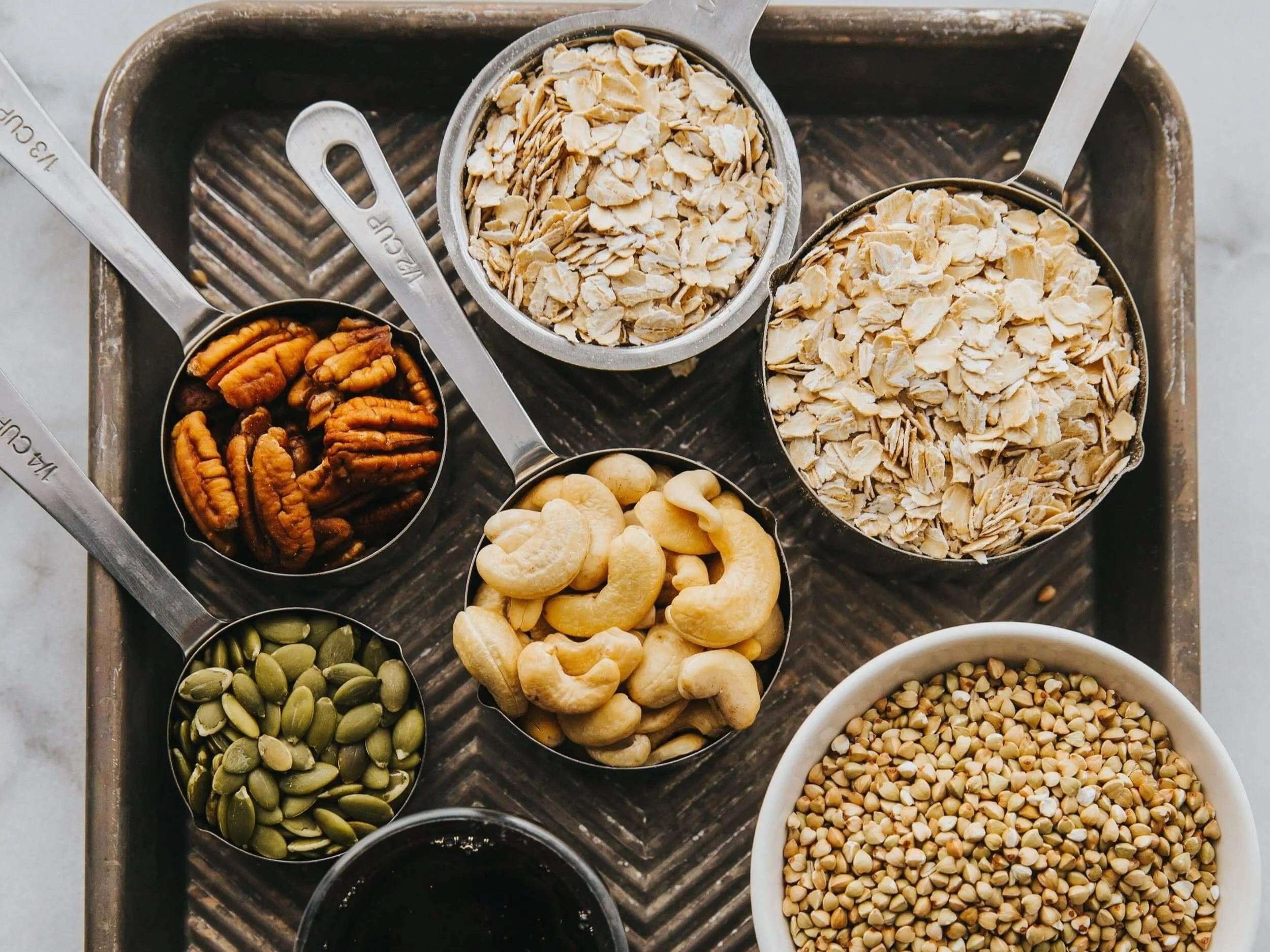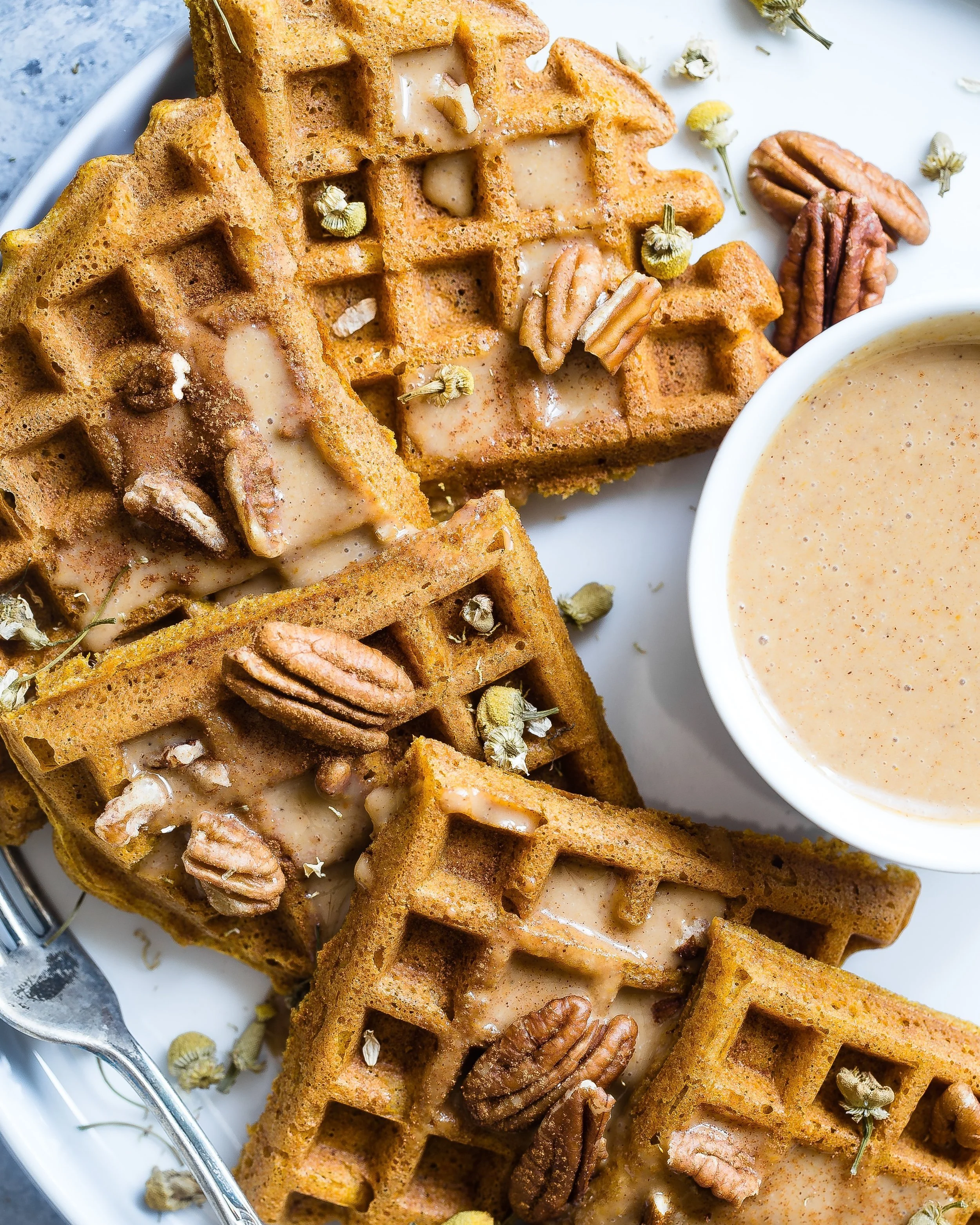The effects of gluten on our gut
In the medical practice I have seen an increase in patients suffering with stomach complaints which are linked to gluten.
The majority of meals in which we eat will contain gluten (unless you are already cutting it out).
What is Gluten?
Gluten is the general name for the proteins found in wheat, rye, barley and triticale – a cross between wheat and rye.
When we eat gluten our bodies produce a molecule named zonulin, an increase of zonulin in our bodies is linked to an increase intestinal permeability – also known as – leaky gut.
Leaky gut can create several damaging health issues including autoimmune disease and a number of inflammatory diseases.
Dr. Ron Grisanti from www.functionalmedicineuniversity.com writes;
Although today's article is not intended to do a deep dive into leaky gut syndrome, my objective is to present three additional reasons to avoid gluten.
1. Most of the wheat (gluten) eaten today is termed dwarf wheat and contains amylopectin A. This is a super starch worse than sugar. Of special interest, amylopectin A is a trigger of small LDL particles. When wheat is removed from the diet, these small LDL levels reduce by 90 per cent. Amylopectin digestion may raise blood sugar and insulin levels, causing an increase in triglycerides and cholesterol and leading to fat accumulation
2. Most wheat has been sprayed with the weed killer, glysophate. There is growing evidence linking glyphosate to cancer, endocrine disruption, fertility and reproductive concerns, kidney disease, heart disease, liver disease, microbiome disruption and neurotoxicity.
3. Most wheat contains a preservative called calcium propionate which has been linked to mood, behaviour and attention problems.
Although the thought of going gluten-free can be challenging I would simply say that the health benefits of avoiding gluten is worth it.
A viable option is Himalayan Tartary Buckwheat. The unique composition of Tartary buckwheat contributes to its various health benefits such as anti-oxidative, anti-cancer, anti-hypertension, anti-diabetic, cholesterol-lowering, and cognition-improving.
References:
https://www.ncbi.nlm.nih.gov/pmc/articles/PMC7767453/
https://draxe.com/nutrition/amylopectin/
https://michaelkummer.com/health/why-avoid-grains/
https://wellnessmama.com/health/dr-william-davis-wheat-belly/comment-page-4/
https://www.ncbi.nlm.nih.gov/pmc/articles/PMC3945755/
https://usrtk.org/pesticides/glyphosate-health-concerns/
https://jphe.amegroups.com/article/view/3665/4415
https://www.ewg.org/news-insights/news/glyphosate-contamination-food-goes-far-beyond-oat-products
https://www.ucf.edu/pegasus/processing-risk-childhood-autism/
https://elizmalambert.com/the-link-between-processed-foods-gut-bacteria-and-autism/
Would you like to find out more about the Lantern Clinic? You can book a FREE discovery call with Dr Margarita below.


